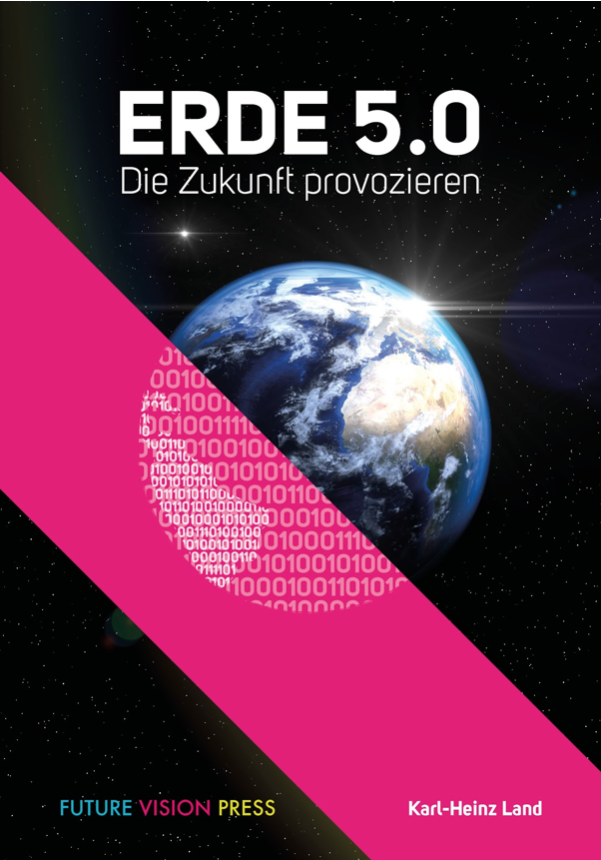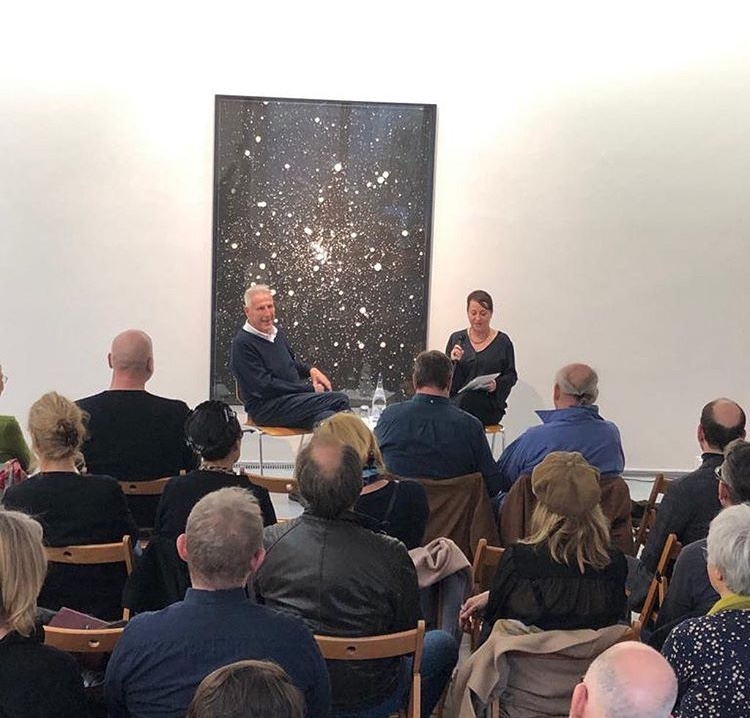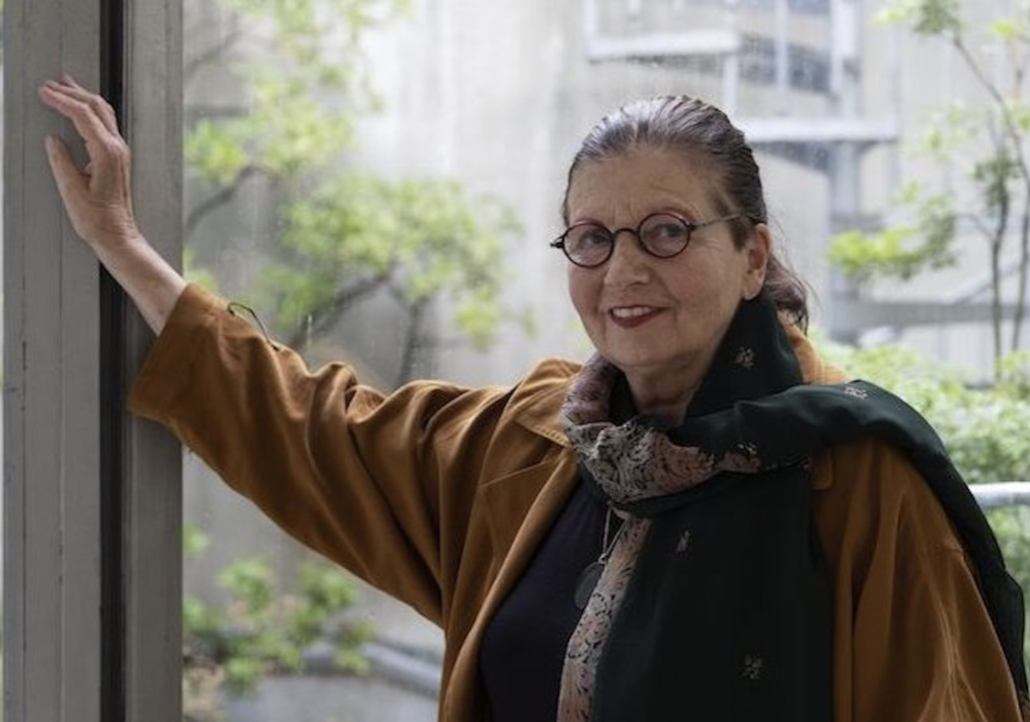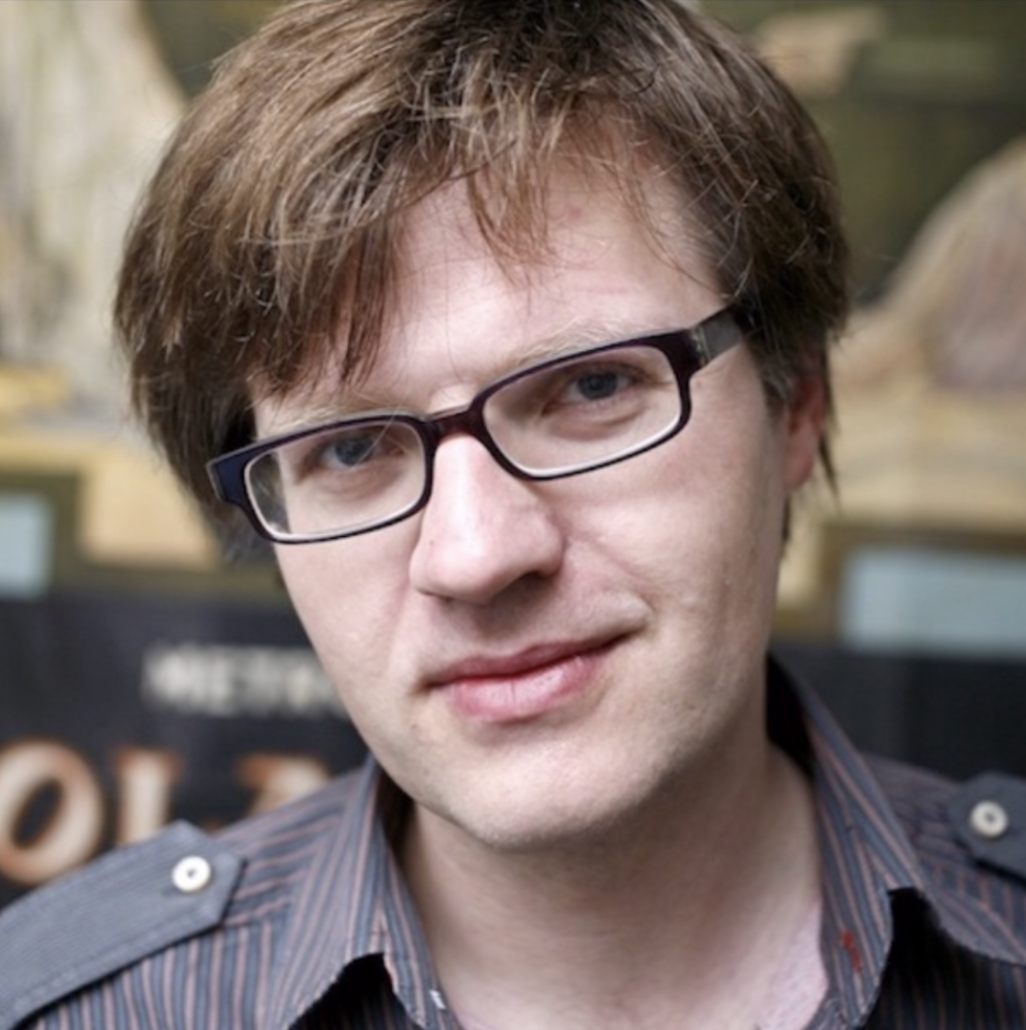FUTURE TALK – August 30, 2019
FUTURE TALK – Erde 5.0
mit Karsten Schwanke, Claudia Dichter (Moderation) und Karl-Heinz Land
Freitag, 30. August 2019, 18 – 20 Uhr
Kurzvorträge
Karsten Schwanke – Ist das noch Wetter oder schon Klima?
Karl-Heinz Land – Erde 5.0 – Die Zukunft provozieren
anschließend Panelgespräch mit Claudia Dichter, Karsten Schwanke und Karl-Heinz Land
Ein Ende des Bevölkerungswachstum ist nicht abzusehen. Aber lässt sich die Ernährung von rund elf Milliarden Menschen in Zukunft nicht nur garantieren, sondern sogar qualitativ verbessern? Können wir Hunger und Armut beenden und gleichzeitig das Klima besänftigen? Viele Menschen fürchten sich heute vor einer sich rasant verändernden Gegenwart und einer ungewissen Zukunft. Apokalyptische Vorstellungen bestimmen die gesellschaftliche Debatte. In vielen Bereichen unseres täglichen Lebens macht sich Zukunftsangst breit und die Menschen spüren gewaltige Umwälzungen auf sie zukommen. Doch was hat es mit dieser Entwicklung auf sich und können wir dem überhaupt noch entgegenwirken?
Seien Sie dabei, wenn Karsten Schwanke und Karl-Heinz Land sich im „Future Talk“ mit diesen Themen auseinandersetzen und über mögliche Lösungsansätze diskutieren.
Diese Veranstaltung ist eine Kooperation mit der Buchhandlung Klaus Bittner.
PRISKA PASQUER, Gallery / C_ROOM 1, Albertusstr. 18, 50667 Cologne, Germany
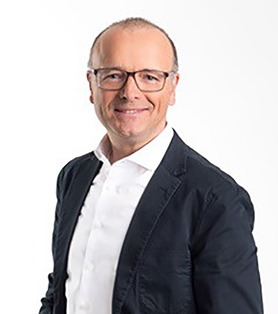
Karsten Schwanke ist einer der bekanntesten Meteorologen im deutschen Fernsehen. Er ist in der DDR aufgewachsen und hat in Berlin und Hamburg Meteorologie studiert.
Seine Diplomarbeit mit dem Titel „Simulation von Vulkanausbrüchen“ erarbeitete er mit Hilfe des weltweit ersten 3D-Vulkan-Modells am Deutschen Klimarechenzentrum in Hamburg.
Seit 1995 präsentiert Karsten Schwanke das Wetter in der ARD (viele Jahre im Morgenmagazin, heute vor allem abends beim „Wetter vor Acht“ und in den Tagesthemen).
Außerdem moderierte er diverse Wissenschaftssendungen, wie Kopfball (ARD) oder „Abenteuer Wissen“ im ZDF, für das er im Jahre 2010 mit der Goldenen Kamera ausgezeichnet wurde.
Im Jahr 2012 gründete er die eigene Produktionsfirma WQ Media GmbH, mit der er die Wissenschaftssendungen für ARD-Alpha und ARTE produziert.
Im November 2018 wurde Schwanke für sein Erklärvideo, welches sich mit dem Klimawandel befasst, für den Grimme-Preis nominiert.
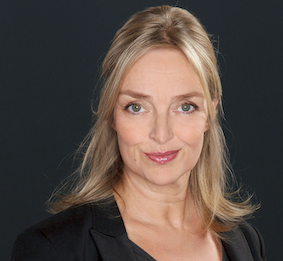
Claudia Dichter studierte Kunstgeschichte, Germanistik und Philosophie in Aachen und Köln. Seit 1991 ist sie als freie Autorin tätig. Von 2011-2013 kuratierte sie die Reihe “Secret Universe” am Hamburger Bahnhof, Berlin. 2014 die Ausstellung: “Outer Space. Faszination Weltraum” in der Bundeskunsthalle, Bonn. Seit 2002 moderiert sie das Kulturmagazin Scala (WDR 5). Sie lebt und arbeitet als freie Kunstkritikerin, Moderatorin und Kuratorin in Köln.
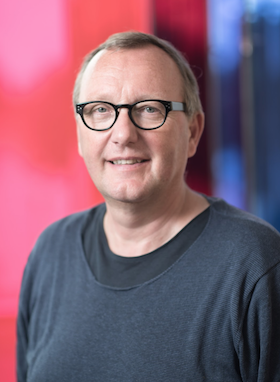
Der Visionär Karl-Heinz Land, der sich selbst als Digital Evangelist versteht, inspiriert Jahr für Jahr mit Keynotes und Workshops. Er lebt und gestaltet seit über 35 Jahren die Digitalisierung, unter anderem in Führungspositionen bei international operierenden Unternehmen wie Oracle, BusinessObjects (SAP) und Microstrategy. Mit neuland hat er 2014 eine Digital- und Strategieberatung ins Leben gerufen, die laut Ranking der Zeitschrift „brandeins“ wiederholt zu den besten Deutschlands zählt. Als Serienunternehmer und Investor setzt er auf innovative Technologien wie Blockchain und das Internet der Dinge. Das World Economic Forum (WEF) und das „Time Magazine“ zeichneten Land bereits 2006 mit dem „Technology Pioneer Award“ aus.
Als Co-Autor hat Land drei wegweisende Managementbücher veröffentlicht:
Digitaler Darwinismus – Der stille Angriff auf Ihr Geschäftsmodell und Ihre Marke
Dematerialisierung – Die Neuverteilung der Welt in Zeiten des digitalen Darwinismus
Digitale Markenführung – Digital Branding im Zeitalter des digitalen Darwinismus
Mit seinem letzten Buch, „Erde 5.0 – Die Zukunft provozieren“, wendet sich Karl-Heinz Land an die breite Öffentlichkeit und zeigt Lösungen auf wie wir die Welt mithilfe der Digitalisierung und des technologischen Fortschritts zu einem besseren und lebenswerteren Ort gestalten können.
| Hunger und Armut, Klimawandel und Energieverschwendung, Ungleichheit und Ungerechtigkeit, Ressourcenraubbau und Misswirtschaft: In seinem neuen Buch “Erde 5.0 Die Zukunft provozieren” zeigt Karl-Heinz Land auf, wie sich die drängenden Probleme der Welt mithilfe digitaler Technologien lösen lassen. Für Land ist jetzt die Chance, die exponentielle Leistungszunahme der IT und den unterschätzten Megatrend der Dematerialisierung für eine zukunftssichere und gerechtere Welt zu nutzen. Aus dieser Perspektive unterzieht Land die Entwicklungsziele der Vereinten Nationen (UN) einer kritischen Prüfung, zeigt Irrwege auf und mahnt ein radikales Umdenken an. Dabei präsentiert er innovative Lösungen für die “Sustainable Development Goals”, die bereits jetzt von digitalen Pionieren erprobt und umgesetzt werden. Im zweiten Teil des Buches legt Land dar, wie sich die Gesellschaft und der Kapitalismus für die digitale Zukunft wandeln müssen. Denn der Autor ist überzeugt, dass die Digitalisierung alle Lebensbereiche prägt und jede langfristige Erwartung an Beschäftigung und Wirtschaftswachstum ad absurdum führen wird. Land plädiert für eine auf Kompetenzen ausgerichtete Bildung sowie für das bedingungslose Grundeinkommen. Außerdem hält er eine Neuausrichtung des Wirtschaftssystems für notwendend weg von Profitmaximierung und Shareholder Value hin zu einer Sinnwirtschaft, weg von Konsumwahn hin zu einer ressourcenschonenden Zirkulärökonomie. |

